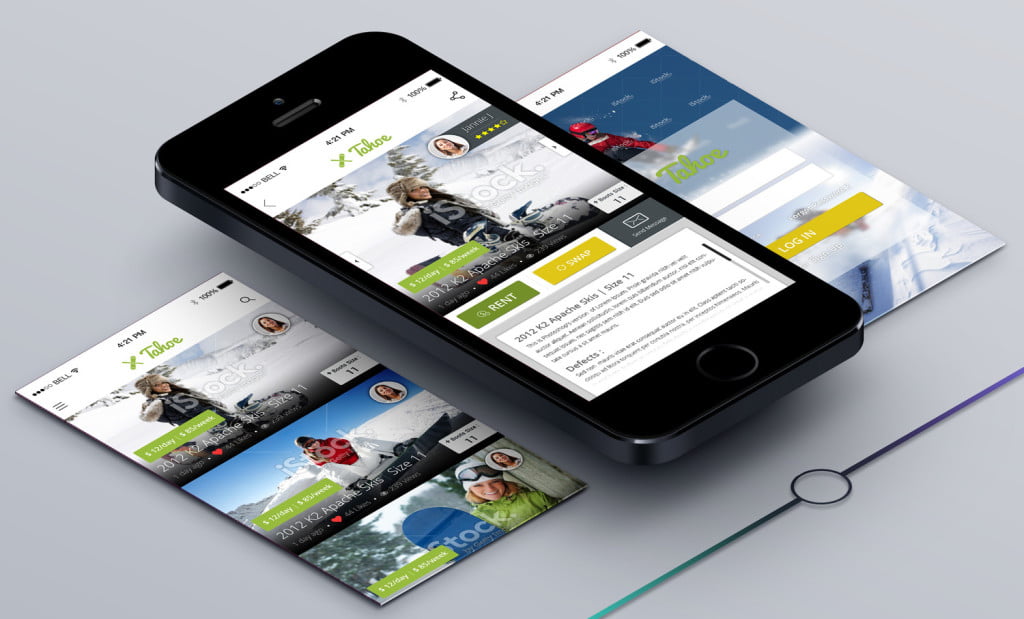iPhone is among the most influential companies in recent years. It’s a dominant player in technology. Apple is the company that has created more technology related innovation since it was founded. It is responsible for more than 80 percent of the profit of the tech sector in the last fiscal quarter. The company is also responsible for much of the innovation in modern technology. Because of this, it’s no wonder that Apple products have become some of the most desired and valuable items in the world. Despite its growing popularity, Apple remains difficult to work with and difficult to love. This is the number one reason people might switch from an Apple device to a different brand.
The iPhone’s Hardware

The iPhone has made its mark on the world. In fact, it’s become so ubiquitous that its very presence has had a significant impact on technology as a whole. Apple has sold over 1 billion iPhones worldwide and is currently the largest smartphone company in the world. The hardware used in the iPhone has been a part of Apple’s success. It’s design and functionality were crucial to the company’s success.
The iPhone’s User Interface

The user interface of an iphone is simple and easy to use. Apple’s approach to the user interface (UI) is to provide a set of tools for the user to do what he or she wants, and not limit the user to a specific set of This approach makes it easy to adapt to the user’s current situation and is also consistent across different devices. It’s a great way to keep the user experience consistent. Apple’s design philosophy is to make its products intuitive to use, and thus allow people to be creative and make the best use of the product.
Apple’s Unique Branding Strategy
The key to Apple’s success is that its products look and feel like the best available at the time they were introduced. There’s an aesthetic quality to Apple’s brand that makes people believe that their products must be better than other brands. Apple’s branding strategy has been successful over the years. Their products are unique, high-quality, and made to stand out from competitors. Apple’s brand has become so strong that even if they were to introduce a competitor’s product tomorrow, people would still recognize it as the same Apple product that they’ve used for years.
The iPhone’s Market Position
iPhone users are notoriously loyal. There’s a good reason for this: Apple has earned its customers’ trust. The iPhone is known for its ease of use, reliable hardware, and a consistent experience across both platforms. In addition, Apple does a great job of communicating this trustworthiness to customers. They do this through subtle product details and the company’s well-known brand. All of these factors help give iPhone users the confidence to buy the phone without fear.
Apple’s Leadership and Management Style
At least one thing is clear about Steve Jobs: He was not an ordinary leader. For starters, he was not a man who took orders easily. This led to a lot of friction in his relationships with other leaders. When Jobs was leading a project or company, he typically did not delegate authority to others; rather, he took control and directed his team to do what he wanted done. In other words, he was the boss. His leadership style meant that others, such as Tim Cook and Scott Forstall, had to learn to adapt to his leadership methods and act more like subordinates than bosses.
How to Sell the iPhone
Apple is known for being very protective about how people sell their products. As an example, the Apple Store requires that all retail locations have a person in charge of phone sales. An authorized reseller of an iPhone is approved by Apple. That means the company has confirmed the reseller is an approved carrier and partner. Amazon has been criticized for being overly aggressive about controlling the market, but the results of that strategy have been undeniable.
The iPhone’s Marketing Campaign

Apple’s marketing campaign for the iPhone is a classic example of the importance of developing a unique selling proposition. Steve Jobs said, “The only reason people buy Macs is because they’re cool, but it’s not because they’re better; they just sell cool.” Apple realized that, if it could convince people that its phones were cool, that would be the reason that people bought them. The iPhone wasn’t just a phone; it was a tool. This was the point of the campaign.
Why You Should Get an iPhone
If you’re in the market for a smartphone, there are plenty of reasons to consider the iPhone. Sure, it’s expensive compared to competing smartphones, but its long track record of success and popularity makes up for it. Also, Apple’s unique brand is the key to its success. Consumers flock to it because they trust it and associate it with high quality products.
Interested in Reading My Article on New Apple Exclusive Reveals Iphone 14 Price Shock